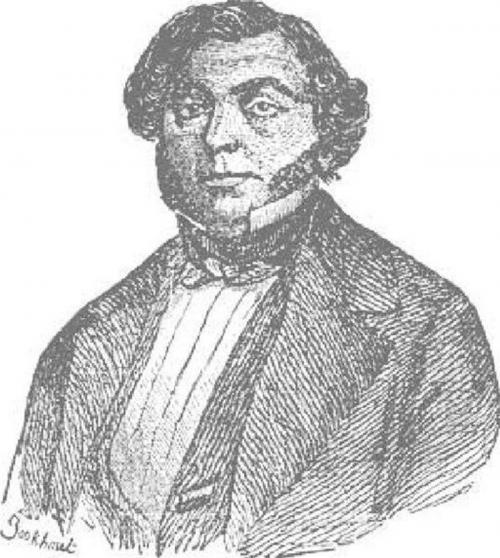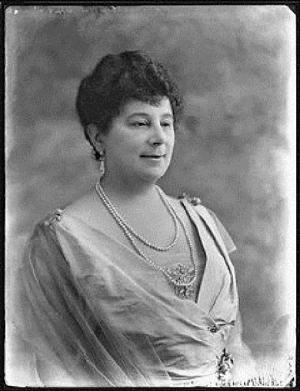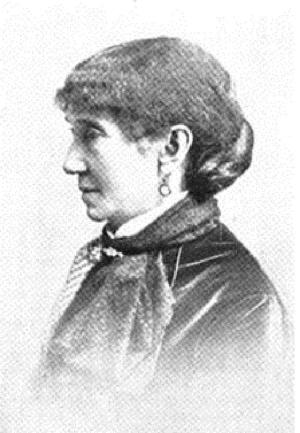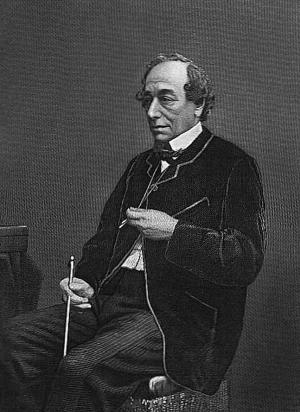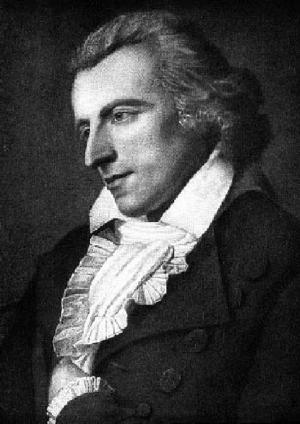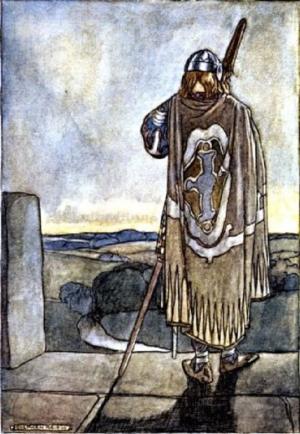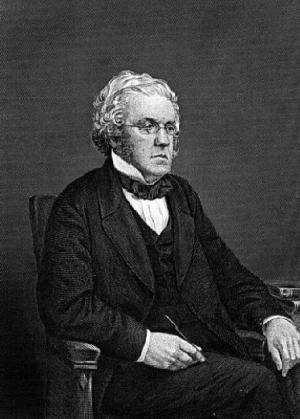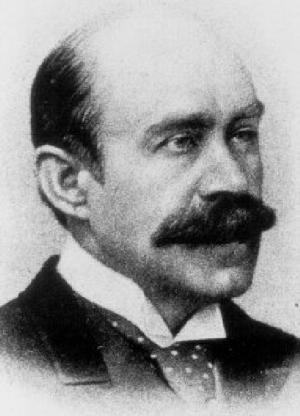Classic French Fiction: Four Books By Eugene Sue In The Original French, In A Single File
Fiction & Literature, Classics| Author: | Eugene Sue | ISBN: | 9781455392643 |
| Publisher: | B&R Samizdat Express | Publication: | August 19, 2010 |
| Imprint: | Language: | French |
| Author: | Eugene Sue |
| ISBN: | 9781455392643 |
| Publisher: | B&R Samizdat Express |
| Publication: | August 19, 2010 |
| Imprint: | |
| Language: | French |
This file includes (in the original French): L'Alouette du Casque, Atar Gull, Les Mystères de Paris, and Paula Monti. According to Wikipedia: "Joseph Marie Eugène Sue (20 January 1804 - 3 August 1857) was a French novelist... His naval experiences supplied much of the materials of his first novels, Kernock le pirate (1830), Atar-Gull (1831), La Salamandre (2 vols., 1832), La Coucaratcha (4 vols., 1832-1834), and others, which were composed at the height of the Romantic movement of 1830. In the quasi-historical style he wrote Jean Cavalier, ou Les Fanatiques des Cevennes (4 vols., 1840) and Lautréaumont (2 vols., 1837). He was strongly affected by the Socialist ideas of the day, and these prompted his most famous works: Les Mystères de Paris (10 vols., 1842-1843) and Le Juif errant (tr. "The Wandering Jew") (10 vols., 1844-1845), which were among the most popular specimens of the roman-feuilleton. He followed these up with some singular and not very edifying books: Les Sept pêchés capitaux (16 vols., 1847-1849), which contained stories to illustrate each of the Seven Deadly Sins, Les Mystères du peuple (1849-1856), which was suppressed by the censor in 1857, and several others, all on a very large scale, though the number of volumes gives an exaggerated idea of their length. Some of his books, among them Le Juif Errant and the Mystères de Paris, were dramatized by himself, usually in collaboration with others. His period of greatest success and popularity coincided with that of Alexandre Dumas, père, with whom he has been compared. Sue has neither Dumas's wide range of subject, nor, above all, his faculty of conducting the story by means of lively dialogue; he has, however, a command of terror which Dumas seldom or never attained. After the revolution of 1848 he sat for Paris (the Seine) in the Assembly from April 1850, and was exiled in consequence of his protest against the coup d'état of 2 December 1851. This exile stimulated his literary production, but the works of his last days are on the whole much inferior to those of his middle period. Sue died at Annecy (Savoy) in 1857.
This file includes (in the original French): L'Alouette du Casque, Atar Gull, Les Mystères de Paris, and Paula Monti. According to Wikipedia: "Joseph Marie Eugène Sue (20 January 1804 - 3 August 1857) was a French novelist... His naval experiences supplied much of the materials of his first novels, Kernock le pirate (1830), Atar-Gull (1831), La Salamandre (2 vols., 1832), La Coucaratcha (4 vols., 1832-1834), and others, which were composed at the height of the Romantic movement of 1830. In the quasi-historical style he wrote Jean Cavalier, ou Les Fanatiques des Cevennes (4 vols., 1840) and Lautréaumont (2 vols., 1837). He was strongly affected by the Socialist ideas of the day, and these prompted his most famous works: Les Mystères de Paris (10 vols., 1842-1843) and Le Juif errant (tr. "The Wandering Jew") (10 vols., 1844-1845), which were among the most popular specimens of the roman-feuilleton. He followed these up with some singular and not very edifying books: Les Sept pêchés capitaux (16 vols., 1847-1849), which contained stories to illustrate each of the Seven Deadly Sins, Les Mystères du peuple (1849-1856), which was suppressed by the censor in 1857, and several others, all on a very large scale, though the number of volumes gives an exaggerated idea of their length. Some of his books, among them Le Juif Errant and the Mystères de Paris, were dramatized by himself, usually in collaboration with others. His period of greatest success and popularity coincided with that of Alexandre Dumas, père, with whom he has been compared. Sue has neither Dumas's wide range of subject, nor, above all, his faculty of conducting the story by means of lively dialogue; he has, however, a command of terror which Dumas seldom or never attained. After the revolution of 1848 he sat for Paris (the Seine) in the Assembly from April 1850, and was exiled in consequence of his protest against the coup d'état of 2 December 1851. This exile stimulated his literary production, but the works of his last days are on the whole much inferior to those of his middle period. Sue died at Annecy (Savoy) in 1857.
